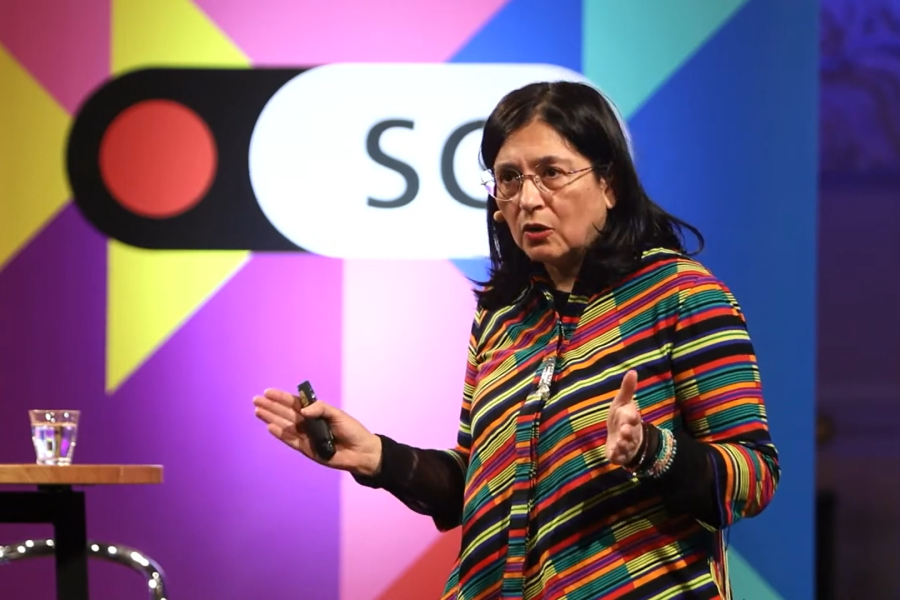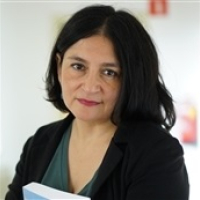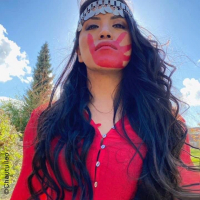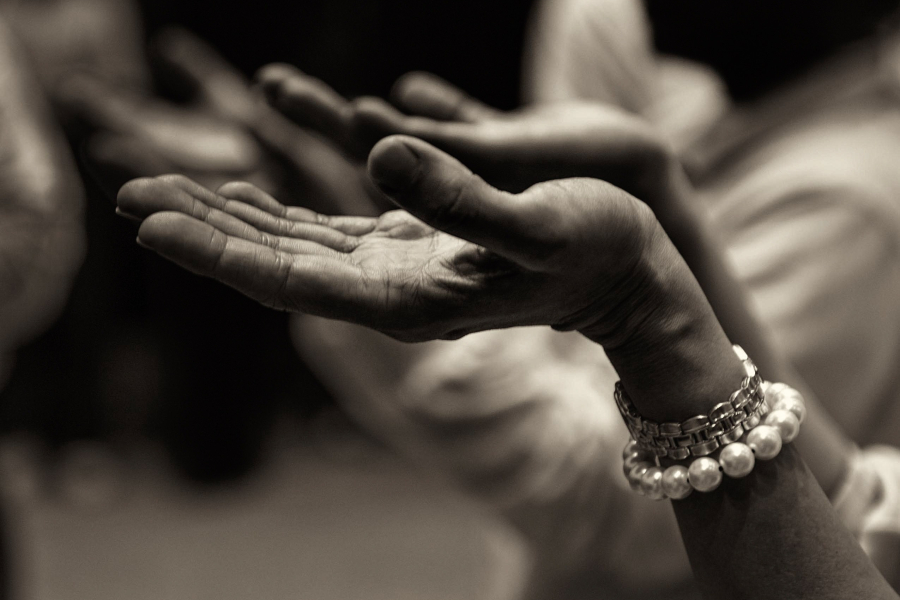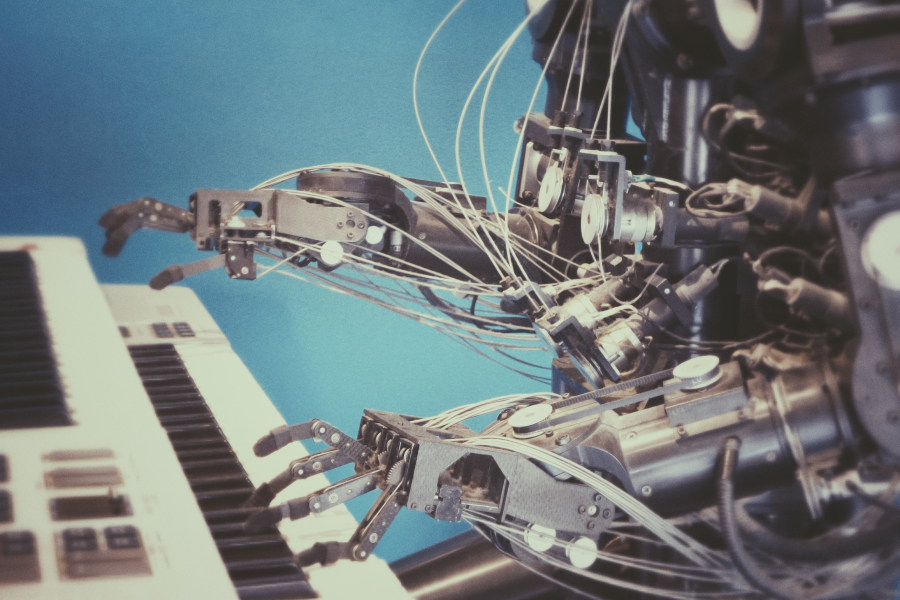Indigenous perspectives on sustainability
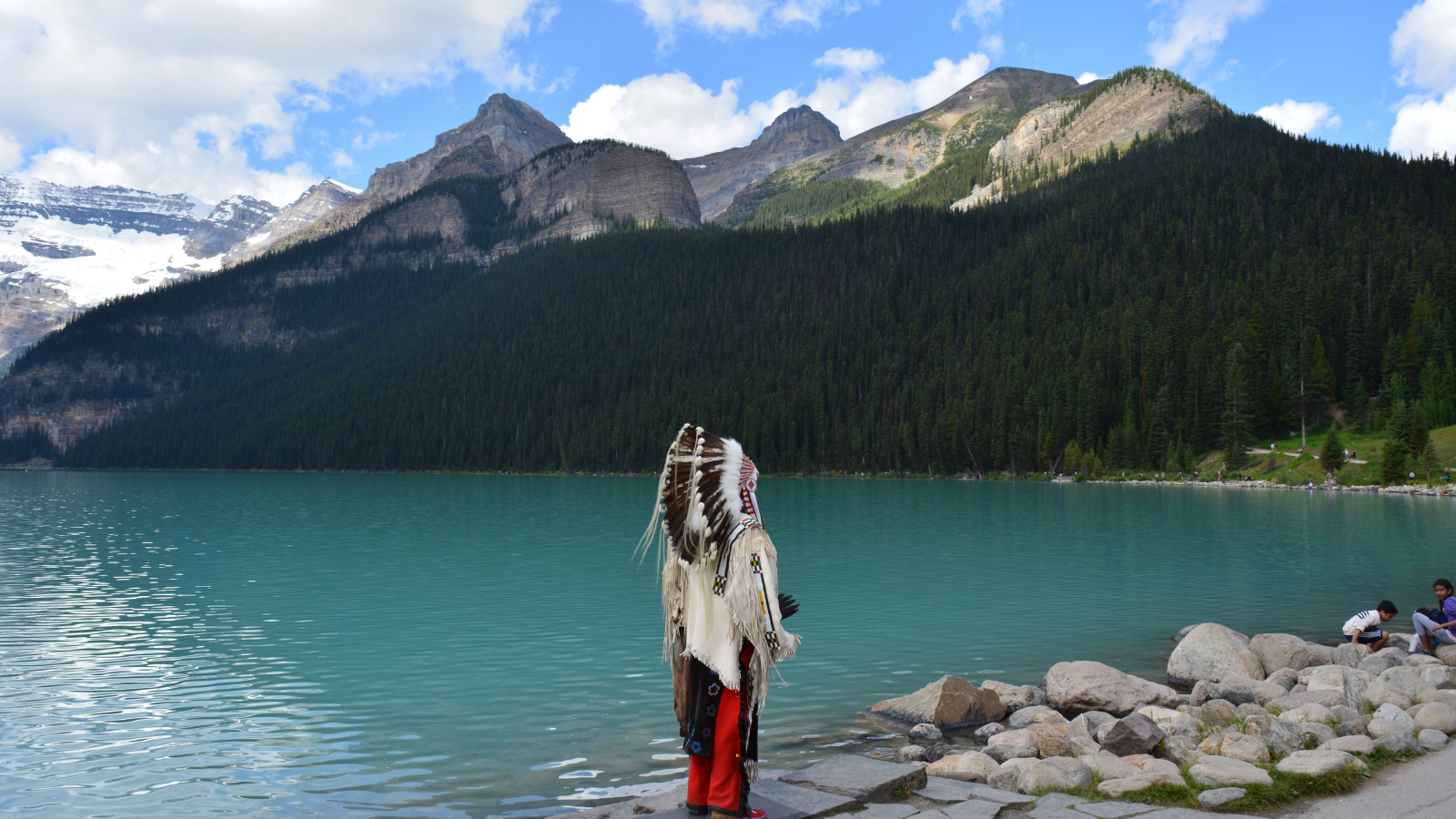
Eighty percent of biodiversity is protected by Indigenous people, though they only make up five percent of the world's population. Still, Western scientists often do not listen to them or don't even invite them for the conversation. What can we learn if we would take Indigenous Knowledge about nature more seriously?
Sustainability
It is clear that people are polluting the earth, destroying nature, and causing species to go extinct. The world would be better off without humans, is then sometimes said. However, according to environmental philosopher Dr Carolina Sánchez, Indigenous people would not agree with this statement: "The world would just be better off without the systems. People belong to Earth. We just have to keep reminding ourselves that Earth does not belong to us."
"Indigenous people are critical of the way people in the West talk about sustainability", Sánchez says. The definition of sustainability developed by the UN states that our economy 'meet the needs of the present without compromising the ability of future generations to meet their own needs.' She points out that this definition only emphasises preserving future generations of people but not other species and nature in general. Furthermore, the current relation between nature and market is problematic when talking about sustainability.
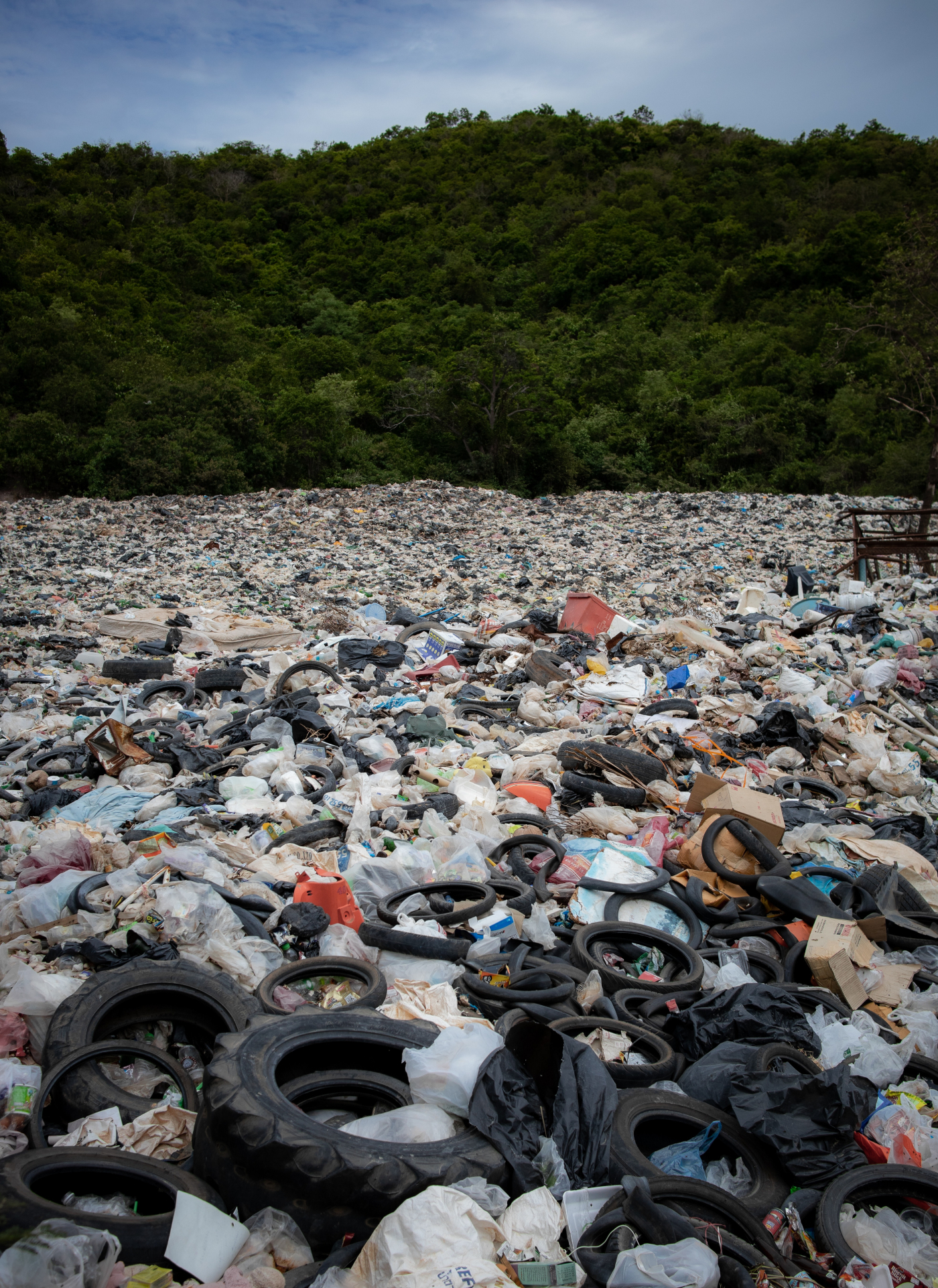
She illustrates this by pointing out that Climate Change Conferences are sponsored by the biggest polluting companies, like Coca-Cola. It would be naive to think that these companies truly want a more sustainable world. After all, they are the ones that keep polluting the earth with their emissions, worldwide transportation and plastic packaging for a product we don't really need.
"Who speaks for sustainability and who are you defending with it?", Sánchez asks. Do we in the West really fight for the Earth? Or do we take just enough action for the Earth to survive, so that we can maintain our exact same lifestyle?
"While Indigenous communities protect an astounding eighty percent of biodiversity, they only receive one percent of the funding that is available", activist Chautuileo Tranamil emphasizes.
Knowledge about nature
Indigenous peoples have built up a lot of knowledge over different generations on how to preserve nature and make their community survive. But just because this knowledge did not emerge through statistics or meta-analysis of scientific papers, scientists often discredit it.
One way that their knowledge is discredited, is by stealing it from them. This is called biopiracy, Sanchez explains. Indigenous communities who lived in the driest desert of the world found out a way to produce food here. Imagine a desert, where almost nothing grows and where temperatures can drop twenty degrees Celsius during the night. This community discovered a bacteria that could survive in these conditions, which made them able to produce food, and this knowledge was passed on from generation to generation.
In the same area, scientists were researching whether we could colonize other planets. They were trying to find a solution on how to produce food on these planets. "They found out about the bacteria, took samples of it, and presented it as a discovery of their own. They did not give any recognition to the Indigenous communities that have carried this knowledge for many generations. This is biopiracy", Sanchez explains.
Where to go from here?
Although we might not always be aware of it, science is filled with knowledge that is stolen from Indigenous communities. What can and should we do to make a change and decolonize science?
In order to be able to move on from this, the difficult parts of history also have to be acknowledged, Tranamil says. Her job of trying to convince Western people of this is not always easy: "If you advocate for decolonizing science, you will be considered a pain in the ass." She also stresses that there is still a long way to go, and she cannot go everywhere herself. She would love to see more people standing up and advocating for decolonization.
Furthermore, we have to start thinking about the way we build our society, and the consequences that these systems have on the long term. Sanchez: "Our economy is all about taking away, extracting. Start to give back a little bit of what you get from Mother Earth". Tranamil adds that reciprocity is important in this matter. We should not only apply reciprocity with respect to humans, but also to nature, she says: "Whatever you are going to do, you should ask permission. Am I allowed to cut this tree? And what do I give back to the tree?"

